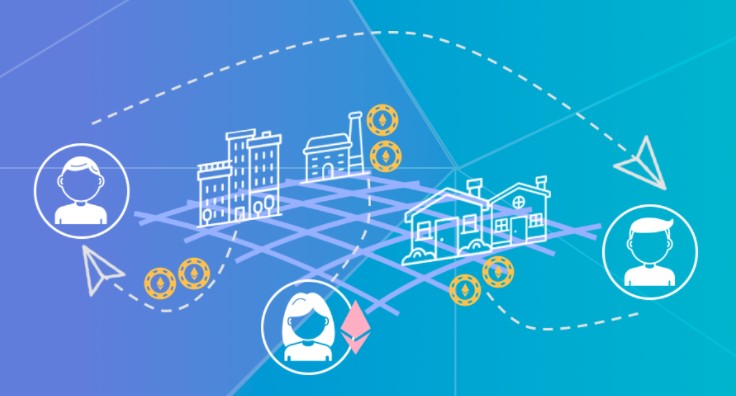
Revolutionizing Real Estate: The Impact of Blockchain-Based Property Financing
Blockchain technology is reshaping industries, and the real estate sector is no exception. Blockchain-Based Property Financing is emerging as a transformative force, revolutionizing how properties are funded, transactions are conducted, and the overall real estate ecosystem operates.
Introduction to Blockchain-Based Property Financing
Blockchain-Based Property Financing leverages decentralized ledger technology to facilitate property transactions. Through smart contracts and tokenization, it introduces efficiency, transparency, and security into the traditionally complex and paperwork-intensive world of real estate financing.
Smart Contracts and Automated Transactions
Smart contracts, powered by blockchain, are self-executing agreements with the terms of the contract directly written into code. In the context of property financing, these contracts automate various aspects of transactions, from fund disbursement to property transfer. The use of smart contracts reduces the need for intermediaries, streamlining the process and minimizing the potential for errors.
Tokenization: Fractional Ownership and Liquidity
One of the key features of Blockchain-Based Property Financing is tokenization. Properties are divided into digital tokens, allowing for fractional ownership. Investors can purchase and trade these tokens, providing liquidity to real estate assets that were traditionally illiquid. This democratization of real estate investment opens up opportunities for a wider range of investors.
Enhanced Transparency and Security
Blockchain’s immutable and transparent nature enhances the security of property transactions. Every transaction and change in ownership is recorded on the blockchain, creating an unalterable and auditable history. This transparency reduces the risk of fraud, ensures trust among parties, and adds a layer of security to the entire property financing process.
Global Accessibility and Inclusion
Blockchain-Based Property Financing transcends geographical boundaries, allowing investors from around the world to participate in real estate projects. This global accessibility enhances the inclusivity of real estate investment, enabling a more diverse group of investors to engage in property financing without the traditional barriers of location and local regulations.
Reducing Costs and Streamlining Processes
Traditional property financing involves various intermediaries, extensive paperwork, and administrative costs. Blockchain technology significantly reduces these overheads by automating processes, eliminating the need for multiple intermediaries, and reducing the time required for transactions. The result is a more cost-effective and efficient real estate financing ecosystem.
Challenges and Regulatory Considerations
While Blockchain-Based Property Financing holds great promise, it is not without challenges. Regulatory frameworks need to adapt to accommodate this innovative approach to real estate transactions. Addressing concerns related to security, privacy, and potential misuse of blockchain technology is crucial for widespread adoption and acceptance.
Real-World Applications and Success Stories
Several real-world applications of Blockchain-Based Property Financing have demonstrated its effectiveness. From tokenized real estate projects attracting global investors to decentralized finance (DeFi) platforms facilitating peer-to-peer property financing, these success stories showcase the potential of blockchain in transforming the real estate financing landscape.
The Future Landscape of Real Estate Financing
As Blockchain-Based Property Financing continues to evolve, it is poised to become a cornerstone of the future real estate financing landscape. The integration of blockchain technology not only enhances efficiency and transparency but also opens new avenues for innovation, collaboration, and inclusivity in the realm of property financing.
Explore Blockchain-Based Property Financing at Ninth World Hub
For in-depth insights, case studies, and the latest developments in Blockchain-Based Property Financing, visit Ninth World Hub. Discover how blockchain is reshaping the future of real estate financing and explore opportunities to engage in this transformative ecosystem.
In conclusion, Blockchain-Based Property Financing represents a paradigm shift in the traditional real estate financing model. By leveraging the decentralized and transparent nature of blockchain technology, this approach brings efficiency, inclusivity, and security to property transactions, paving the way for a more accessible and dynamic real estate ecosystem.
